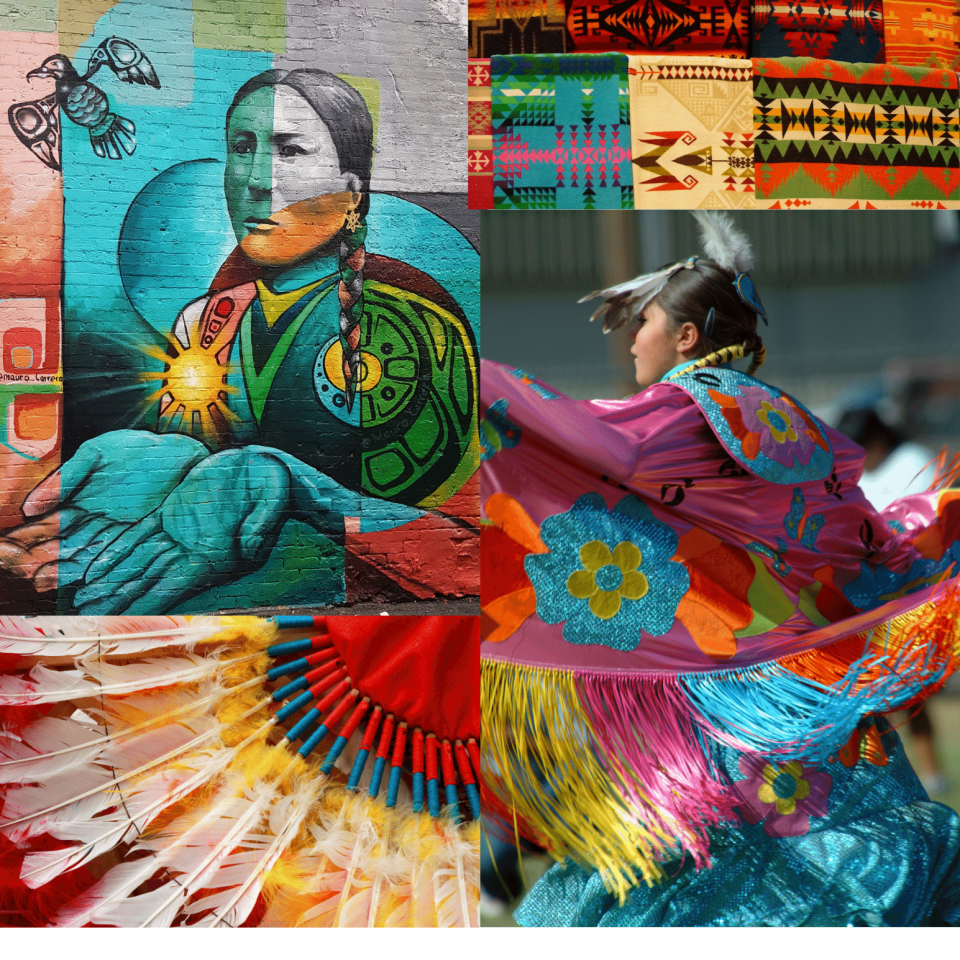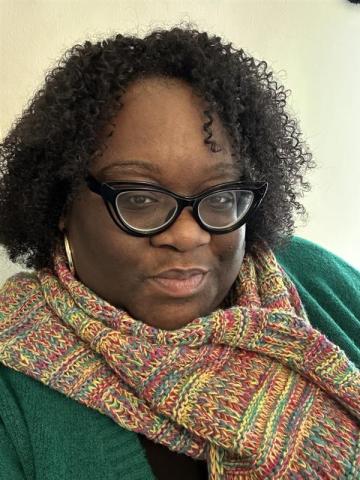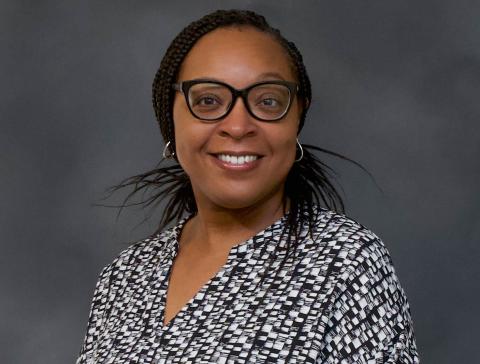
Native American Heritage Month 2023
This November, we honor the first inhabitants of this land.
Over 12,000 years ago, the nomadic ancestors of modern Native Americans journeyed from Asia, laying the foundation for a rich mosaic of cultures, traditions, and histories. Native Americans have experienced incredible triumphs, adapted to vast changes, and faced immense challenges from early migrations to modern struggles. National Native American Heritage Month invites us to celebrate these intricate legacies, recognize the persistent challenges faced by Native people, and celebrate their invaluable contributions throughout history.
Read more at:
Celebrate Native American and Alaska Native Heritage Month
Native American Cultures - Facts, Regions & Tribes
Facts for Features: American Indian and Alaska Native Heritage Month: November 2023
What is in a Name
It is important to understand the language used to describe the original inhabitants of a particular region, as it reflects both historical contexts and personal identities. The term "Indigenous" has gained popularity, and it is essential to clarify its implications, particularly in relation to phrases like "Native American" and "American Indian." Explore the nuanced meanings of these terms, examine their usage contexts, and learn the importance of respecting personal preference and recognize the rich tapestry of Indigenous cultures worldwide.
Explore these Resources:
Distinguishing between Native American and Indian: The Key Differences Explained
Native American vs. American Indian: Which Is Preferred?
Native American vs Indigenous: Understanding the Difference
What Does Indigenous Mean? Definition, How to Use It, and More
A Journey Through Arts & Culture
Explore the complex tapestry of Native American arts and culture, where dance and music intertwine as powerful expressions of history, identity, and resilience. These vibrant art forms have been both a battleground and beacon for indigenous communities, from sacred ceremonies suppressed by colonization to contemporary celebrations that honor ancestral traditions. Discover the sacred and social dimensions of these dances and spotlight their role in preserving and proclaiming the rich heritage and profound spirit of Native American peoples.
Explore these resources:
Native American Dance Tradition - [Podcast]
Experience America’s Largest Powwow | Short Film Showcase [Video]
Spotlight: Understanding Health Equity
Health equity is crucial for ensuring the well-being of all members of society. However, Native Americans face significant health disparities, which can be traced back to centuries of colonization, discrimination, and systemic issues. Factors like climate change, gender violence, and encroachments on indigenous lands further exacerbate these health challenges. The widespread violence against indigenous people highlights the need to address these health disparities and inequities head-on.
Explore these Resources:
How prejudice affects official search for missing Indigenous women, other women of color [Video]
American Indian Health Disparities
Understanding Indigenous Communities to Support Their Health Needs
Health Equity in Indian Country
Indigenous Health Equity – Urban Indian Health Institute
Violence Against American Indian and Alaska Native Women and Men
Explore Local Events & Activities
National Indigenous People's Day 2023 Page
Explore The 2022 Native American Heritage Month Page
Meet the 2023 Planning Committee
Malcolm Williams, Senior Client Relations Manager; Rebecca Ritter, Senior Communications Specialist; Jessie Reed, Community Health Volunteer (Baltimore Corps); Arie Hayre-Somuah, REI Health Specialist; Adedoyin Eisape, REI Program Manager
More Recent News
We are thrilled to welcome Nikia Woodard, our new Director of Human Resources! With more than two decades of experience in the HR field, Nikia previously held leadership roles with the Maryland Transit Administration, Unified Women’s Healthcare and a behavioral health residential treatment facility for youth in Baltimore. Most recently, she served as Director of Employee Experience & Organizational Development at Loyola University Maryland, implementing university-wide professional development programs and encouraging a culture of continuous learning. Read on to learn more about Nikia (and her favorite snack)…
After a year of serving as Practice Manager of West Baltimore, Alkema Jackson is moving into the new role of Director of Practice Operations, Community Sites! She joined Health Care for the Homeless in 2022 as the Client Access Project Coordinator, collaborating across departments to help more people connect to agency services, and in 2023, she received a Core Value Award for Hope. Read on to learn more about Alkema’s approach to this new position…
Meet Christana Greene, our new Director of Compliance! With more than five years in the compliance field—most recently as Senior Quality and Patient Safety Specialist at GBMC Healthcare—Chrissy brings frontline insight to the role. She began her career as a medical assistant, gaining firsthand experience in what it takes to keep care safe and operations running smoothly. In her new role, Chrissy is focused on building a compliance culture grounded in safety, integrity and accountability. Read on to learn more about Chrissy...
Baltimore gets dangerously cold, and too many of our neighbors are out there. Here are three simple things you can do to make a difference in someone’s life this winter.




